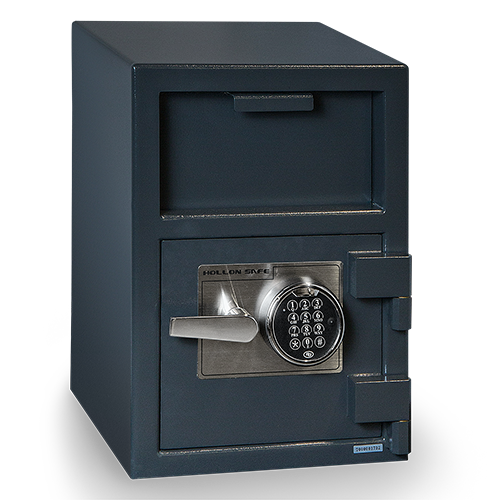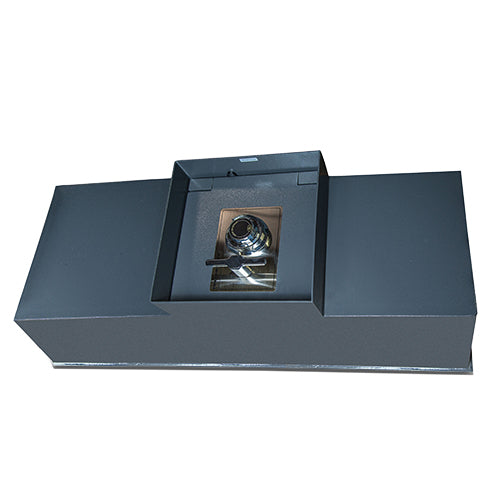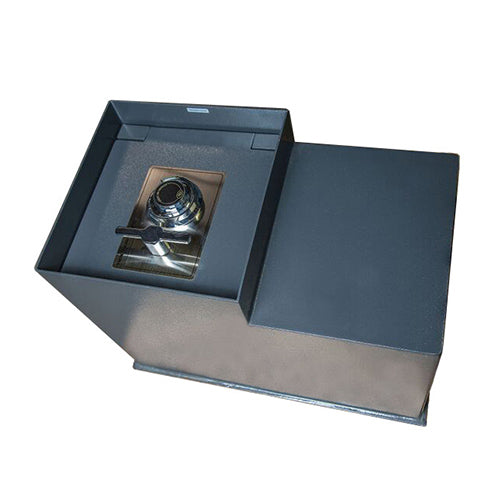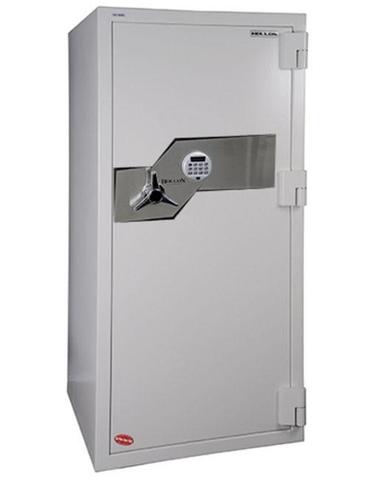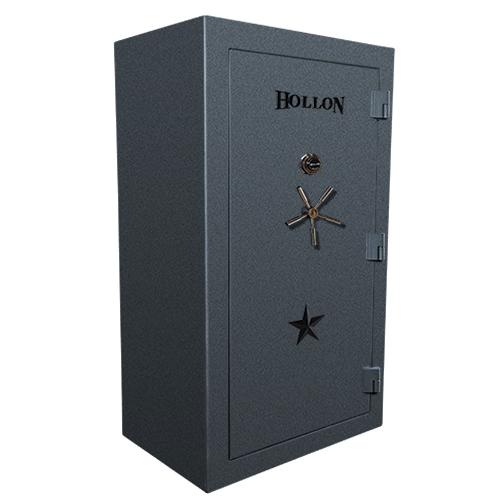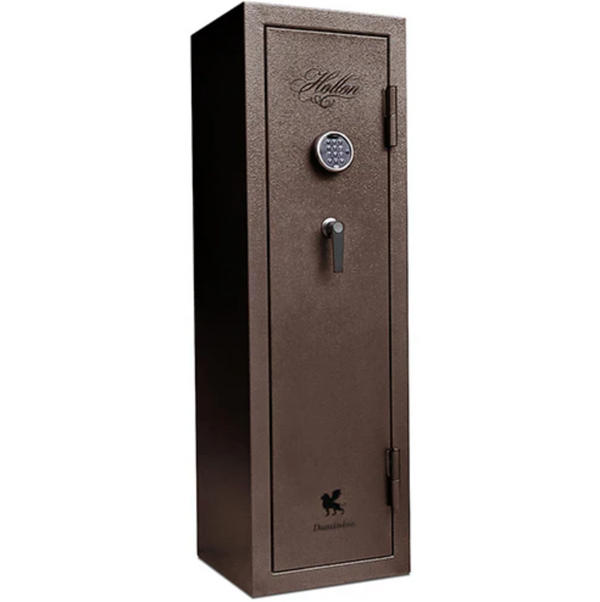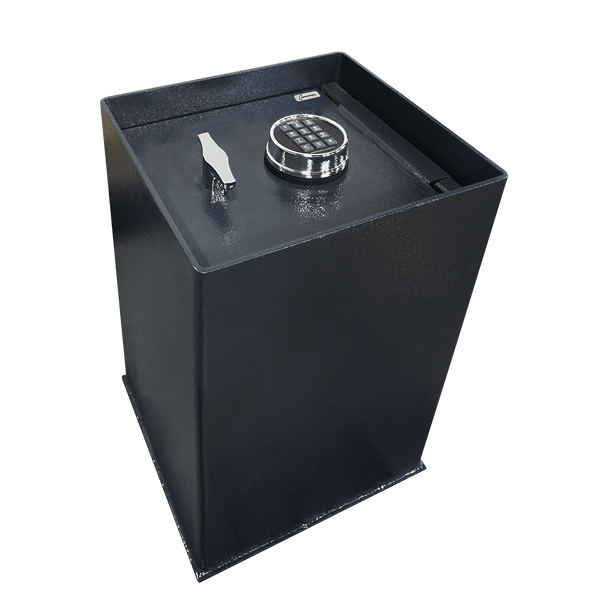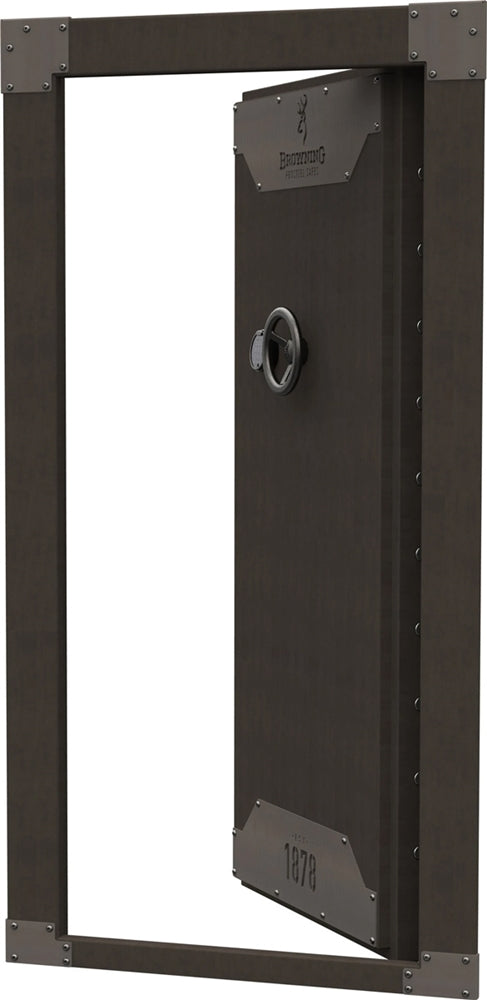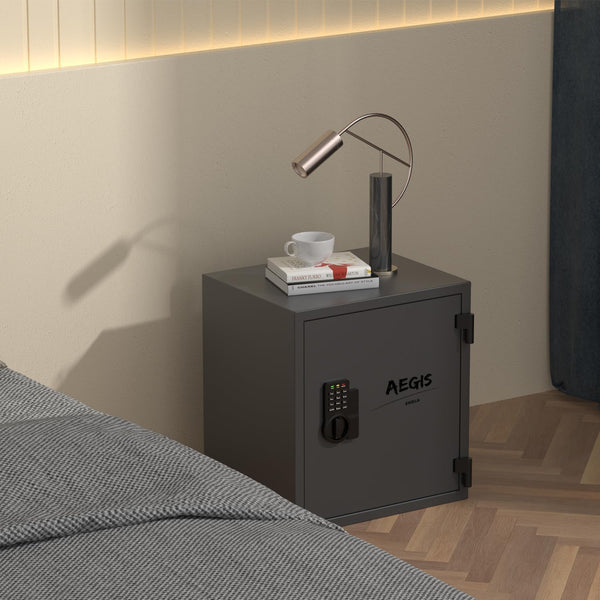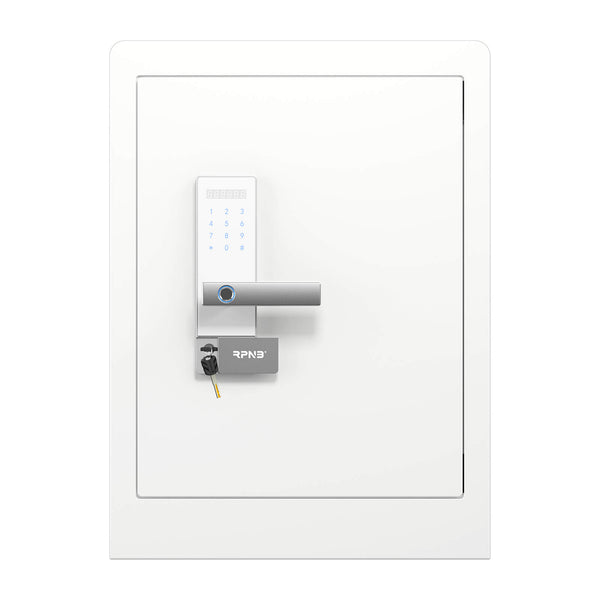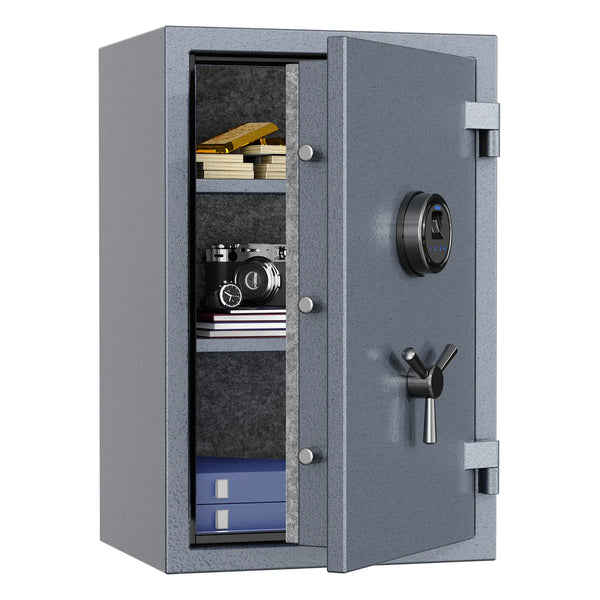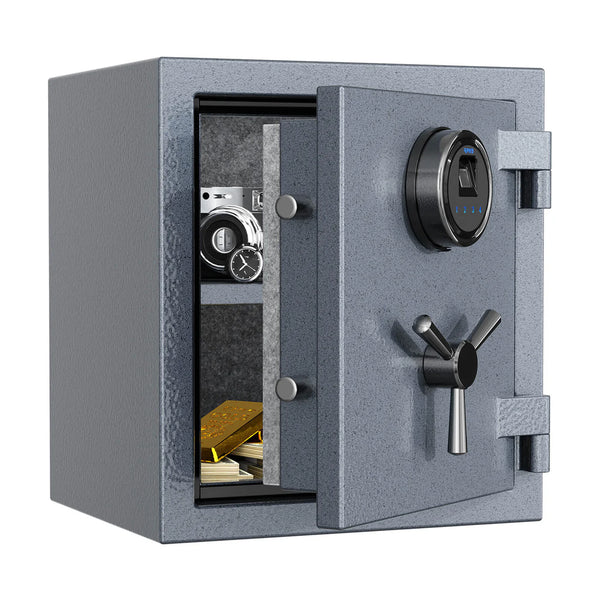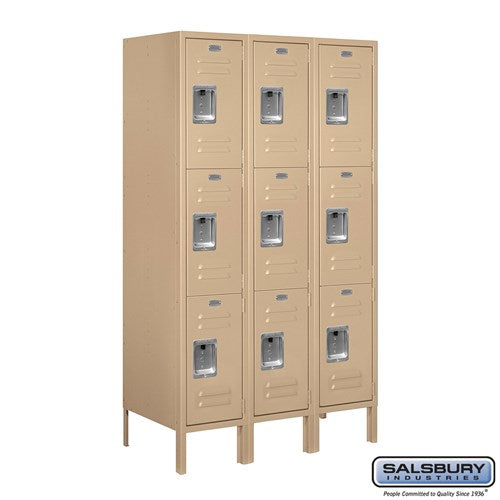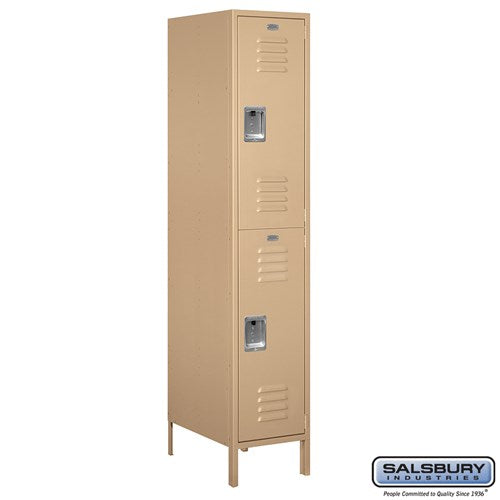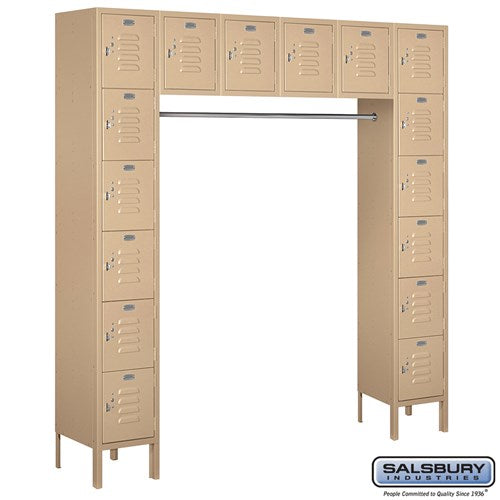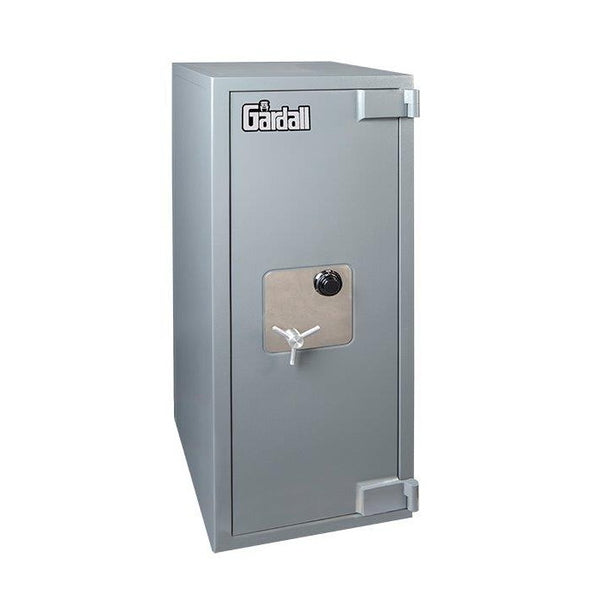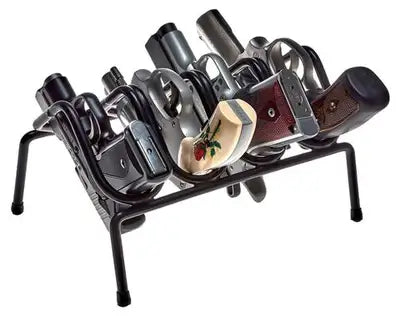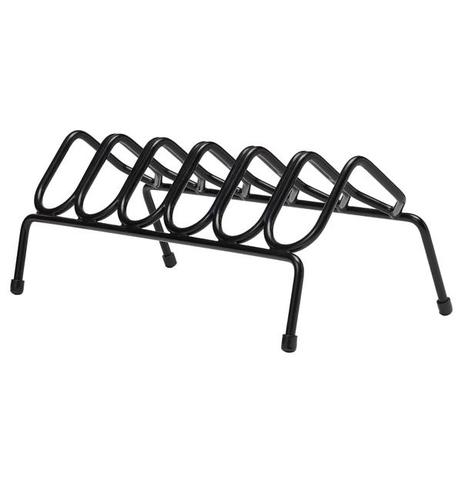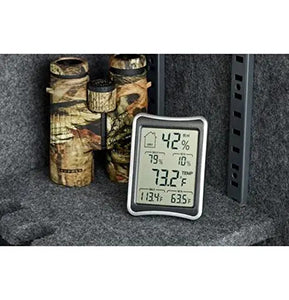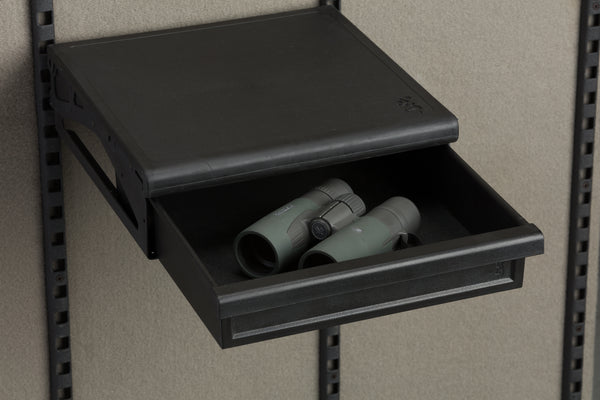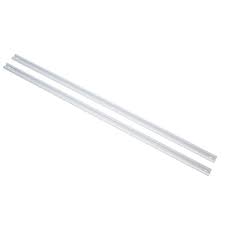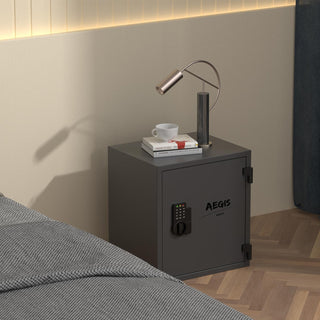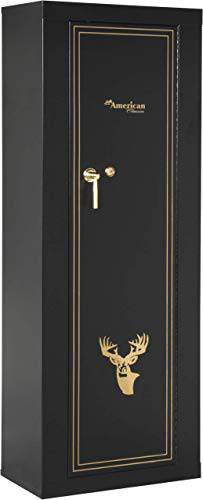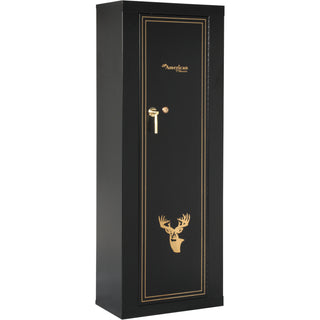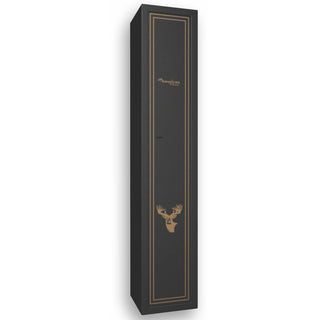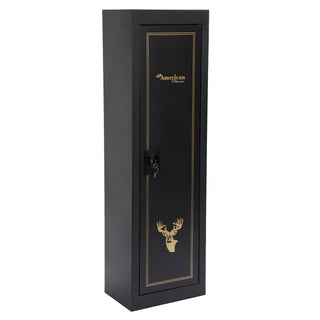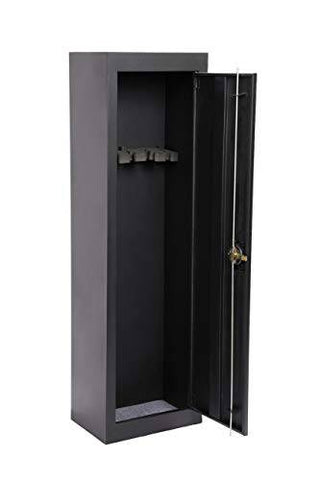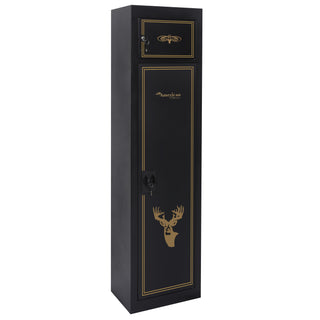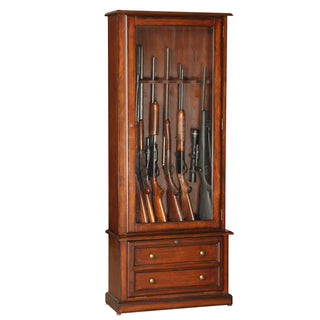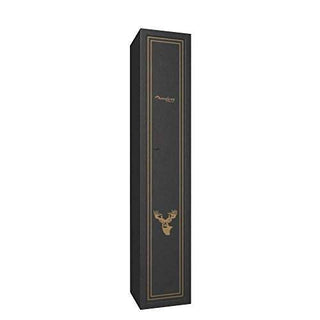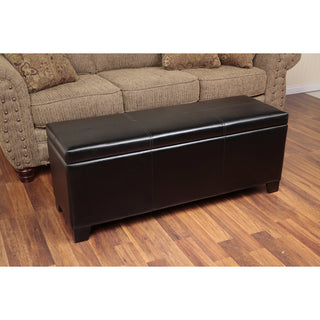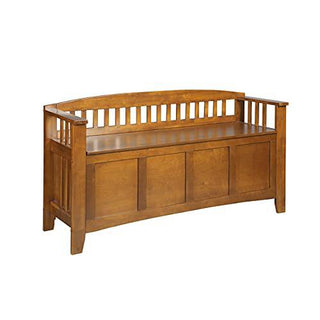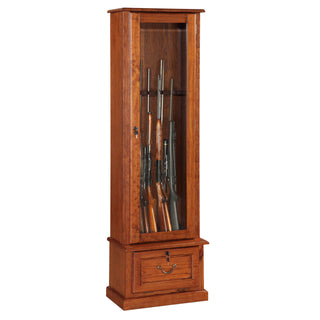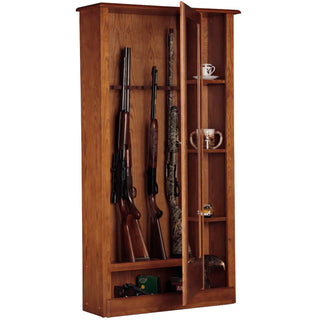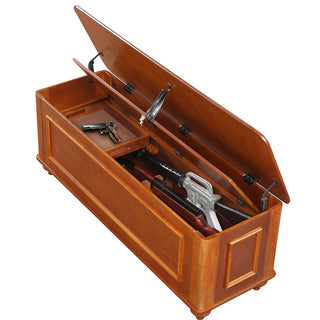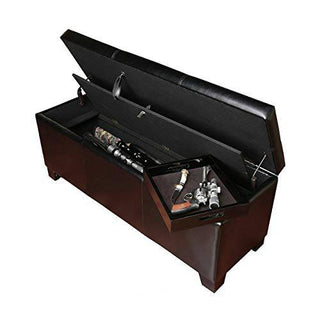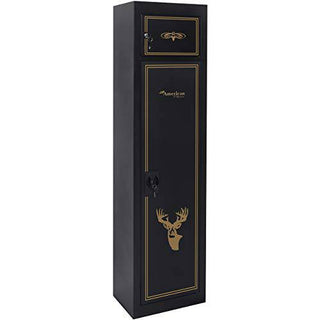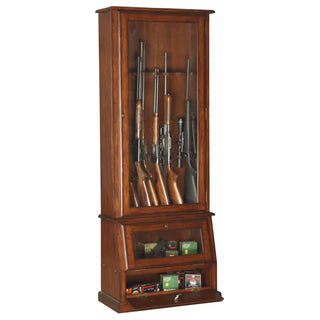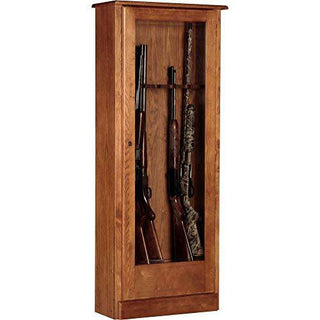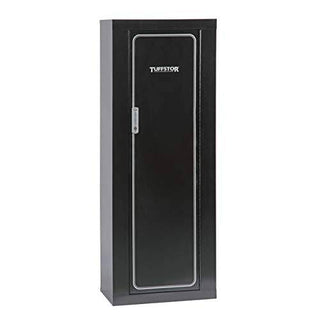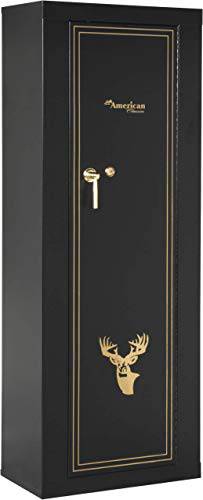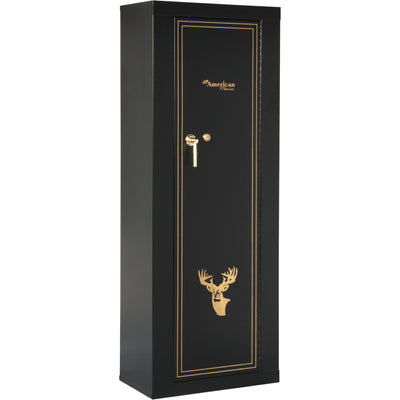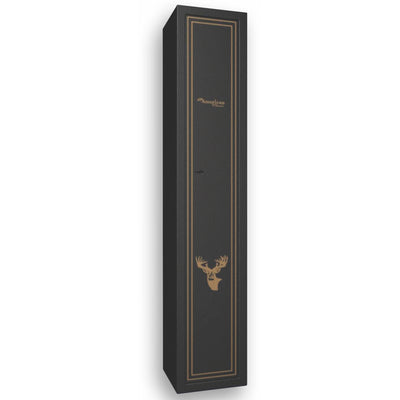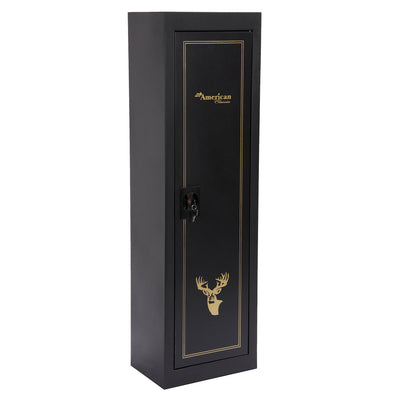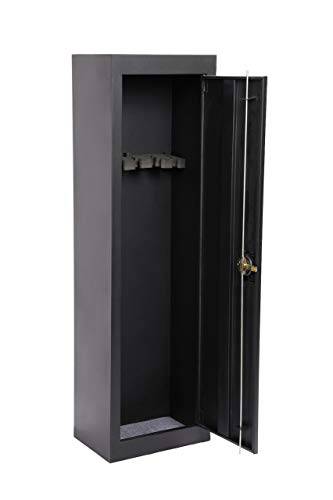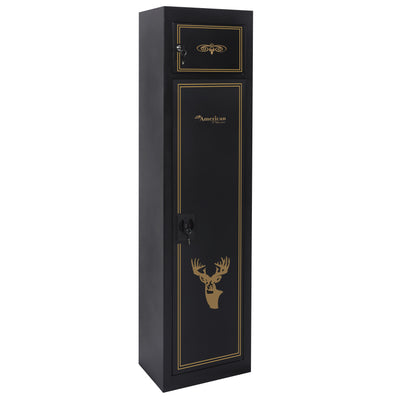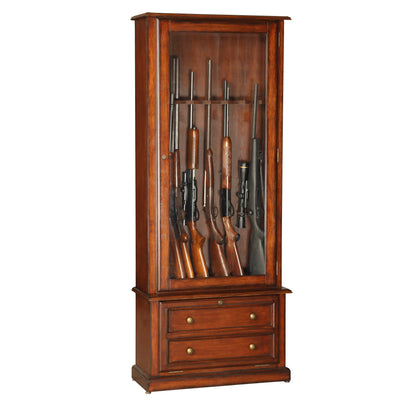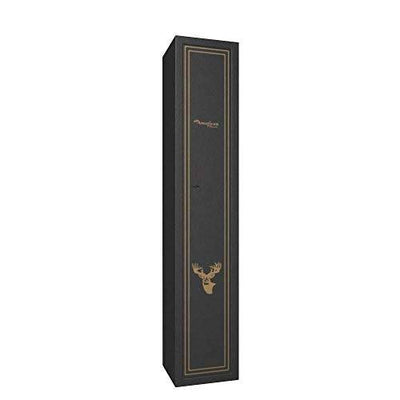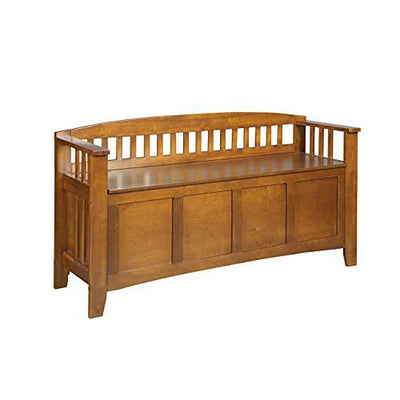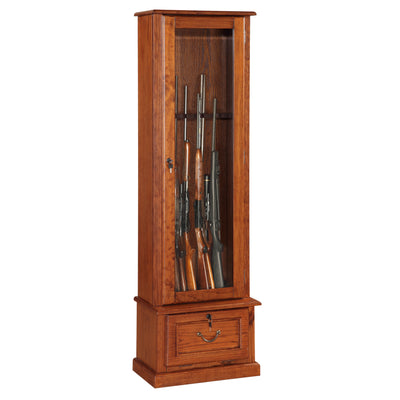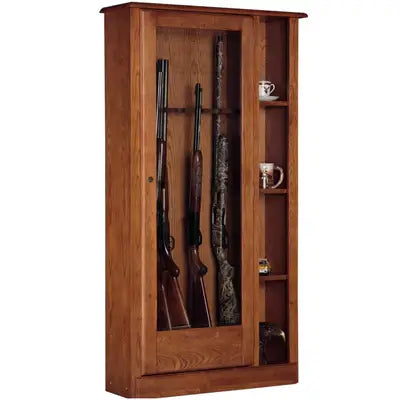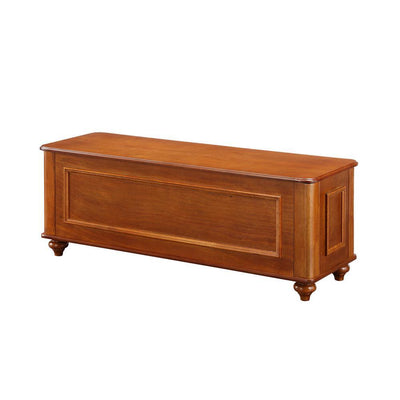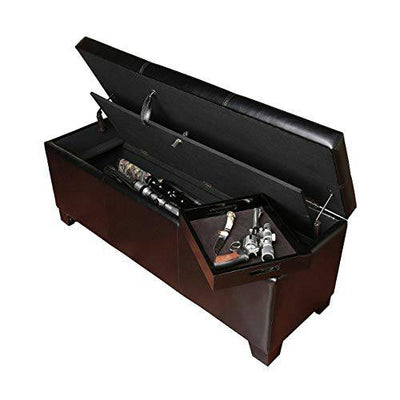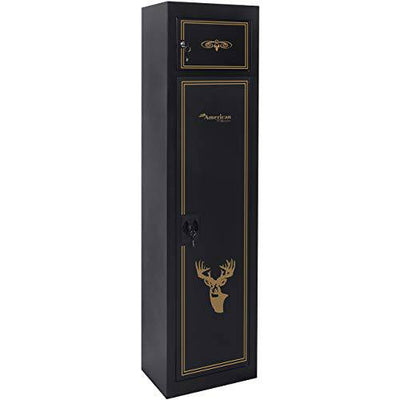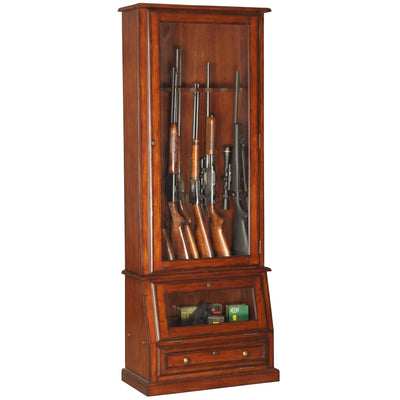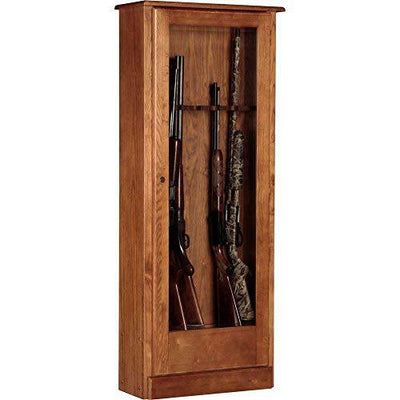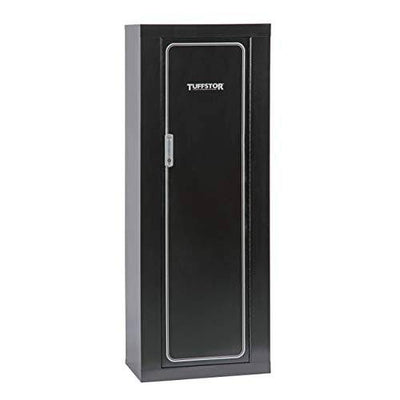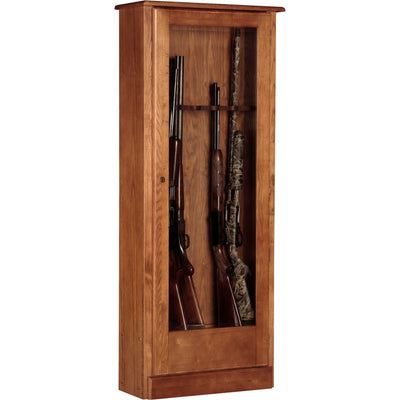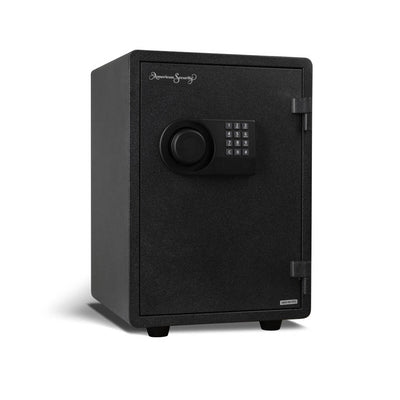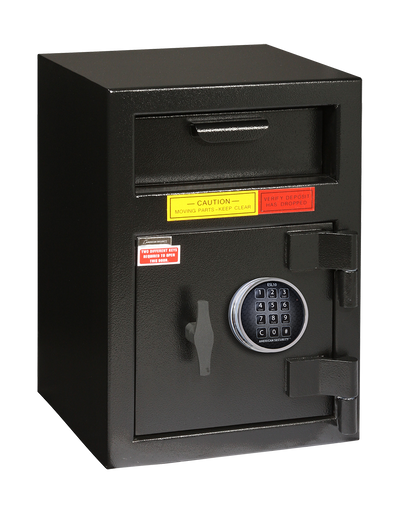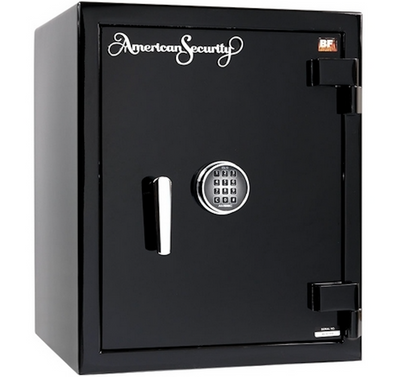Vault Door for the Home - 15 Questions Our Customers Say are Important
Worried about protecting your most valuable possessions?
Many homeowners make critical mistakes when selecting a vault door, leaving their most treasured items vulnerable to theft, fire, and unexpected disasters.
This comprehensive guide cuts through the complexity, walking you through 15 essential questions that will help you find the ideal vault door—ensuring your irreplaceable valuables remain secure, accessible, and perfectly protected.
Table of Contents
- What Is My Budget?
- What Level of Security Do I Need?
- What Size Door Fits My Space?
- How Much Weight Can My Floor Support?
- What Materials Are Best for Durability?
- What Locking Mechanisms Are Available?
- How Will It Affect Home Aesthetics?
- What Is the Installation Process?
- Are There Maintenance Requirements?
- What Are the Warranty Options?
- How Do I Compare Brands?
- What Security Certifications Should I Look For?
- Are There Customization Options?
- How Does It Impact Insurance Premiums?
- What Are the Delivery Timelines?
- Frequently Asked Questions
-
Conclusion
When you're thinking about investing in a vault door, it's essential to tackle some key questions first. You might wonder what your budget looks like and how it matches your security needs or space requirements. Considerations like the door's weight, materials, and customization options can significantly impact your decision. Plus, understanding how a vault door might affect your insurance premiums is important. As you weigh these factors, there are still critical aspects to explore that could influence your final choice. What might those be?
What Is My Budget?
When considering a vault door, what's your budget? You need to determine how much you're willing to spend before diving into options.
Vault doors can range significantly in price, depending on size, materials, and features. Think about what you can comfortably afford without compromising your other financial priorities.
Don't forget to factor in installation costs, which can also vary based on complexity.
Research different brands and models to find the best quality within your budget.
What Level of Security Do I Need?
After setting your budget, it's time to consider the level of security you need for your vault door.
Think about what valuables you'll store and the potential threats you face. If you're safeguarding important documents or expensive collectibles, a higher security rating is crucial. Look for doors with thick steel, advanced locking mechanisms, and fire resistance to ensure maximum protection.
Evaluate the crime rate in your area as well; a higher rate may warrant a more robust option.
Consider how often you'll access your vault—frequent use might require a door that balances security with ease of access.
Ultimately, choose a vault door that matches your specific needs and provides peace of mind for your valuables.
What Size Door Fits My Space?
How do you determine the right size for your vault door? First, measure the width and height of the opening where you plan to install the door.
Make sure to account for any framing, as well as the thickness of the wall. Don't forget to check the swing direction of the door; it should open without obstruction.
Consider your storage needs too—larger items may require a wider door. Once you have your measurements, compare them with the specifications of available vault doors.
Most manufacturers provide detailed sizing charts. Finally, remember to leave a bit of clearance for ease of use and installation.
Choosing the right size ensures your vault door fits perfectly and meets your security needs efficiently.
How Much Weight Can My Floor Support?
What factors determine the weight your floor can support? First, consider the type of flooring you have; materials like concrete can bear more weight compared to wood.
The joist spacing and the size of the joists also play a crucial role. Typically, floors are designed to hold a specific load, often around 40 pounds per square foot for residential spaces.
You should also think about how the vault door's weight is distributed. If you're placing it on a single point, that could exceed your floor's capability.
It's wise to consult a structural engineer or contractor to assess your specific situation, ensuring your floor can safely accommodate the vault door you plan to install.
What Materials Are Best for Durability?
When selecting materials for your vault door, you'll want to prioritize durability to ensure long-lasting protection. Steel is often the best choice due to its strength and resistance to impact.
Look for doors made from heavy-gauge steel, as thinner options may not withstand significant force. Additionally, consider a door with a corrosion-resistant coating to enhance longevity, especially in humid environments.
Some vault doors also incorporate composite materials, which can provide excellent durability while being lighter than solid steel.
Ensure the door's frame is equally robust, as it plays a crucial role in overall stability. By choosing high-quality materials, you'll be investing in a secure, reliable vault door that meets your safety needs for years to come.
What Locking Mechanisms Are Available?
Choosing the right locking mechanism for your vault door can significantly impact your security. You'll find several options available, each with unique benefits.
Mechanical locks, like combination locks, offer reliability and don't require power, but you must remember the combination.
Electronic locks provide convenience with keypads or biometric scanners, allowing for quick access while maintaining security.
Smart locks can integrate with your home automation system, letting you control access remotely, but they rely on power and internet connectivity.
Deadbolts add an extra layer of security, especially when paired with another locking mechanism.
Consider your specific needs, preferences, and the level of security you desire when choosing the locking mechanism that's right for your vault door.
How Will It Affect Home Aesthetics?
While security is a top priority, the aesthetics of your vault door shouldn't be overlooked. You want a door that not only protects your valuables but also complements your home's design.
When choosing a vault door, consider finishes and colors that match your interior style. A sleek, modern vault door can enhance a contemporary space, while a classic design might fit better in a traditional home.
Additionally, think about the door's placement. Will it be a focal point or blend into the background? You can even customize features like handles and trim to create a cohesive look.
Ultimately, a well-chosen vault door can add to your home's charm while providing the security you need.
What Is the Installation Process?
As you prepare to install your vault door, it's essential to understand the steps involved to ensure a smooth process.
First, gather all necessary tools, including a drill, level, and measuring tape.
Next, measure the door frame to ensure a proper fit. You'll want to mark the locations for the hinges and locking mechanisms on the door and wall.
Once you've done that, carefully cut any drywall or framing that may obstruct the installation.
With a partner, lift the door into place, securing it with lag bolts.
After it's mounted, check for level and adjust as needed.
Finally, test the locking mechanism to confirm everything functions correctly.
Following these steps will help you achieve a successful installation.
Are There Maintenance Requirements?
After successfully installing your vault door, it's important to understand its maintenance requirements to ensure its longevity and optimal performance.
Regular inspections are key; check for any signs of wear or damage, especially around the hinges and locking mechanisms.
You should also clean the door periodically to remove dust and debris that could affect its operation.
Lubricate the moving parts every few months with a suitable lubricant to keep everything functioning smoothly.
Ensure the door seals are intact, as they help maintain security and insulation.
If you notice any unusual noises or difficulties when operating the door, consult a professional.
What Are the Warranty Options?
When considering a vault door, what warranty options are available to you? Most manufacturers offer warranties that cover defects in materials and workmanship, typically ranging from one year to a lifetime.
It's crucial to read the fine print, as some warranties may exclude specific parts or types of damage. You might find extended warranty options that provide additional coverage for an extra cost, offering peace of mind for longer periods.
Some brands even offer a satisfaction guarantee, allowing you to return the product if it doesn't meet your expectations.
Always ask about the warranty details before purchasing, as knowing your coverage can help protect your investment and ensure you're making a wise choice for your home security.
How Do I Compare Brands?
How can you effectively compare brands when choosing a vault door? Start by researching the top manufacturers in the industry. Look for customer reviews and testimonials to gauge overall satisfaction.
Pay attention to aspects like durability, design, and security features. Make a list of the brands that stand out to you, then delve deeper into their specific offerings.
Compare the materials used, locking mechanisms, and construction quality. Additionally, consider the brand's reputation for customer service and support.
Don't forget to check for any available warranties or guarantees, as these can indicate a brand's confidence in its product. By gathering this information, you'll be better equipped to make an informed choice that suits your needs and preferences.
What Security Certifications Should I Look For?
Choosing the right vault door isn't just about brand reputation; security certifications play a vital role, too. When you're shopping for a vault door, look for certifications like UL (Underwriters Laboratories) ratings. A UL rating indicates that the door has been tested for specific security levels against burglary and fire hazards.
Additionally, check for the ASTM (American Society for Testing and Materials) certifications, which ensure the door meets strict performance standards. Certifications from organizations like the FBI and the National Institute of Justice can also enhance your peace of mind.
These endorsements show that the door has undergone rigorous testing, proving its effectiveness in safeguarding your belongings. Prioritizing these certifications can significantly impact your security investment.
Are There Customization Options?
What options are available to customize your vault door? You'll find a variety of features to tailor it to your needs.
Start with size; many manufacturers offer different dimensions to fit your space perfectly.
Next, consider the door's finish. You can choose from various materials and colors to match your home's aesthetic.
Locking mechanisms are another area for customization—opt for key, combination, or biometric systems based on your security preferences.
Additionally, you might want to include interior shelving or compartments for better organization.
Some doors even allow for decorative elements, like engravings or custom handles.
How Does It Impact Insurance Premiums?
Have you considered how a vault door can affect your insurance premiums?
Installing a vault door can lead to significant savings on your homeowner's insurance. Insurance companies often reward homeowners who take extra security measures to protect their valuables. With a vault door in place, you may qualify for lower premiums because it reduces the risk of theft and damage.
Not only does this added security give you peace of mind, but it also makes your property more appealing to insurers.
Make sure to inform your insurance provider about the installation, as they might require documentation.
In the end, investing in a vault door could pay off in both enhanced security and reduced insurance costs.
What Are the Delivery Timelines?
Once you've decided to enhance your property's security with a vault door, you'll want to know how long the delivery process will take. Typically, delivery timelines can range from a few weeks to several months, depending on the manufacturer and the door's specifications.
Custom orders may require additional time, so it's essential to communicate your needs upfront. After placing your order, you should receive a confirmation with an estimated delivery date.
Keep in mind that unexpected delays can occur due to factors like supply chain issues or high demand. To avoid surprises, stay in touch with your supplier and ask for updates as your delivery date approaches.
Planning ahead can help you integrate the vault door seamlessly into your property's security system.
Frequently Asked Questions
Can a Vault Door Be Installed in a Basement?
Yes, you can install a vault door in a basement.
Just ensure the space meets structural requirements and has proper ventilation.
It's also essential to comply with local building codes for safety and security.
What Are the Fire Resistance Ratings for Vault Doors?
When it comes to fire resistance ratings for vault doors, you'll typically find options ranging from 30 minutes to 2 hours.
It's essential to choose one that meets your specific safety needs and local regulations.
How Do I Ensure Proper Ventilation With a Vault Door?
To ensure proper ventilation, you should install a vent system that allows airflow without compromising security.
Consider adjustable vents or fan systems, and regularly check for any blockages to maintain optimal air circulation.
Are There Options for Hidden or Discreet Vault Doors?
Yes, there are several options for hidden or discreet vault doors.
You can choose designs that blend seamlessly with your decor or opt for custom features that enhance security while maintaining a low profile in your space.
What Are the Benefits of a Dual-Locking System?
A dual-locking system enhances security by requiring two keys or combinations for access, making unauthorized entry much harder.
It provides peace of mind, knowing your valuables are better protected against theft or tampering.
Conclusion
When buying a vault door, keep these questions in mind to make the best decision for your home. By considering your budget, security needs, and space requirements, you can find a door that fits perfectly. Don't forget to explore customization options and check how it might affect your insurance premiums. Finally, be aware of delivery timelines to ensure your new vault door arrives when you need it. Make an informed choice, and secure your valuables effectively!









